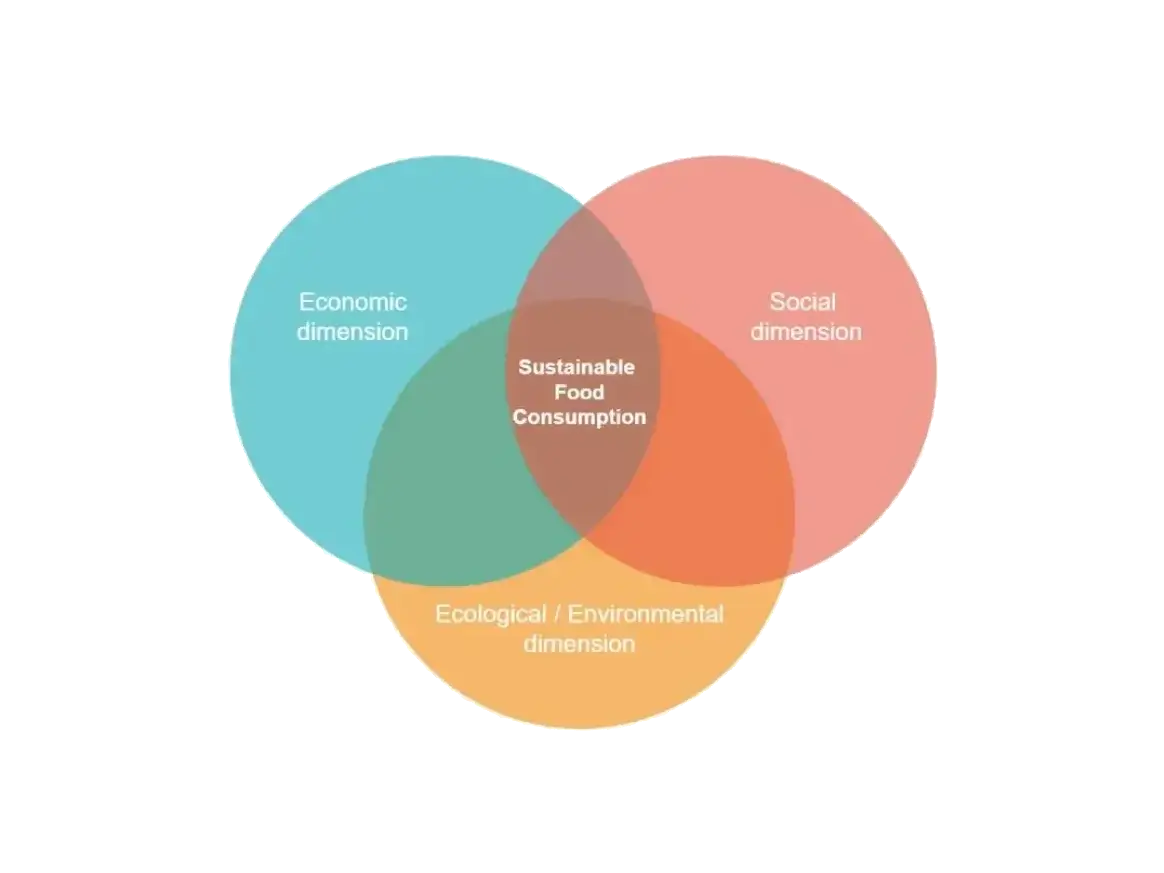Consumer advice
During our project lifecycle, we will conduct consumer behaviour studies to test and implement behavioural interventions (such as nudges and behavioural vaccines) that can potentially bring positive change to biodiversity relevant behaviours. We will identify relevant behavioural change interventions with the aim to nudge citizens to adapt consumption habits that affect food security, climate change and other relevant environmental targets related with biodiversity.


Report on CCW aimed at defining user requirements for the ECO-READY Observatory Platform and App
The ECOREADY User Requirements Co-Creation Workshop on March 13, 2024, brought diverse stakeholders together to shape the ECO-READY Observatory platform and app. Held online via Zoom, the workshop enabled interactive engagement, allowing participants to share their expertise and aspirations. Sessions explored user needs, data visualization, features, functionalities, and community interaction, generating valuable insights and recommendations. Stakeholders included farmers, industry actors, policymakers, researchers, civil society organizations, EU food project representatives, and academics. Their contributions identified critical requirements and priorities. Involving Living Labs emphasized integrating end-user perspectives. Participants provided feedback on the Observatory's appearance, desired metrics, features, modules, and notifications. The workshop facilitated knowledge sharing and suggested relevant tools for integration.
ECO-Ready Report on UR CCW WHITE 120424 | Learn More in Our Project Reports
Stakeholder analysis
Das ECO-READY-Projekt entwickelt ein Echtzeit-Überwachungssystem und digitales Observatorium, zugänglich über eine E-Plattform und mobile App. Es bietet zentrale Informationen zu Ernährungssystemen, Echtzeit-Bewertungen und Vernetzung mit Living Labs in Europa. Der Bericht verbessert das Verständnis der Wahrnehmungen und Absichten relevanter Stakeholder zu Klima, Biodiversität und Ernährungssicherheit sowie der Konsumentenbedürfnisse und Verhaltensänderungen hin zu nachhaltigem Konsum. AUTH führte virtuelle Fokusgruppen durch, WHITE eine EU-weite Umfrage. Die Analyse zeigt eine positive Neigung zu nachhaltigen Praktiken, jedoch Barrieren wie höhere Kosten und geringe Verfügbarkeit nachhaltiger Produkte. Die Untersuchung offenbart die Bereitschaft, mehr für nachhaltige Produkte zu zahlen und betont die Rolle von Einkommen, Umweltbewusstsein und Öko-Labels.
ECO-Ready Stakeholder analysis | Learn More in Our Project Reports
